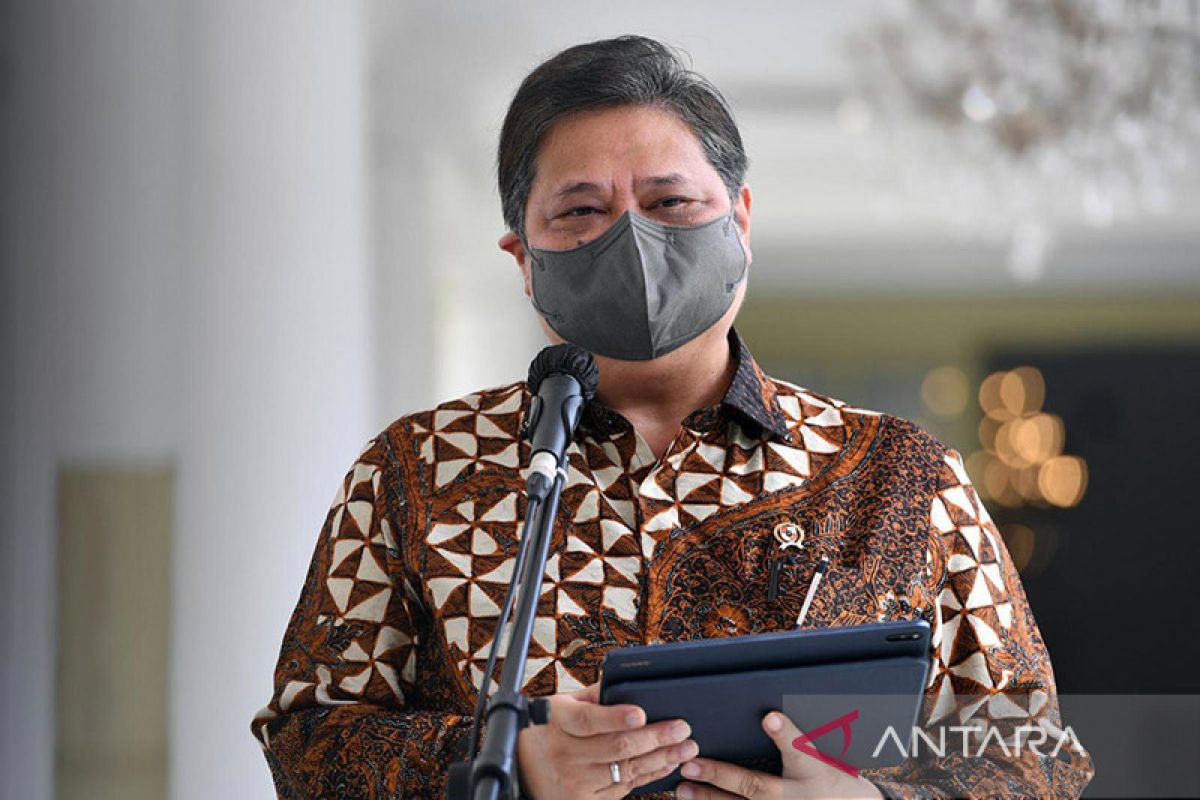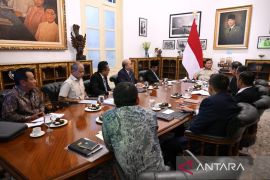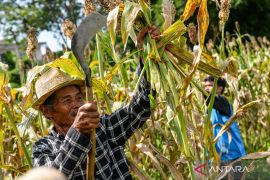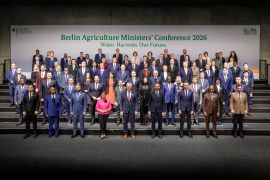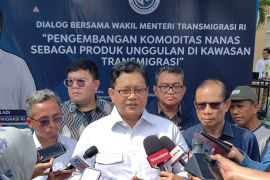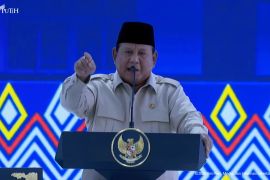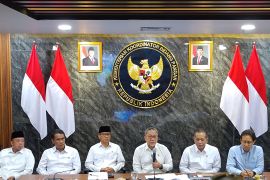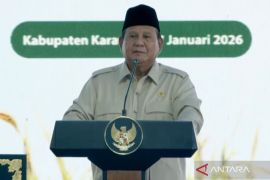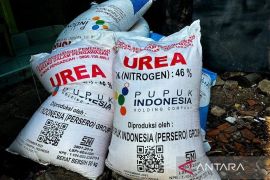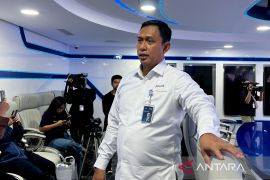Food security needs to be improved by pursuing food sovereignty and independence or food resilienceJakarta (ANTARA) - Food security will provide food availability for the community, thereby helping to maintain national economic stability, Coordinating Minister for Economic Affairs Airlangga Hartarto stated.
"Food security needs to be improved by pursuing food sovereignty and independence or food resilience," he noted here on Wednesday.
Hence, the government seeks to encourage food security through a variety of food security strategies and policies, so that the target of community welfare can be achieved evenly, including by establishing a National Food Agency through Presidential Regulation Number 66 of 2021 that provides the authority to manage food reserves, conduct supply and price stabilization activities, as well as strengthen the food logistics system.
Several other strategies are alleviating food insecurity in vulnerable areas as well as developing food diversification and the local food potential. The government has also issued a policy to purchase grain or rice from farmers by the State Logistic Agency (Bulog) until the Government's Rice Reserve (CBP) stock reached 1.2 million tons of rice equivalent.
This assignment is aimed at expanding the capacity of Bulog in absorbing farmers' production in the 2022 rice season while preventing falling prices at the farm level.
In addition, the government conducts local food diversification by increasing the production of corn, sorghum, sago, and cassava through land expansion and opening of new areas.
"This is in order to increase production as an alternative to imported food," Minister Hartarto stated.
Meanwhile, in terms of financing, the government provides People's Business Credit (KUR) assistance that can be accessed by agricultural sector players, with an interest of three percent, until the end of 2022.
The KUR credit ceiling in 2022 will be increased to Rp373.17 trillion. The Micro KUR ceiling without additional collateral, which was earlier above Rp10 million to Rp50 million, was also increased to above Rp10 million to Rp100 million.
Regarding the availability of subsidized fertilizers, the government has reformed the subsidized fertilizer policy by limiting the distribution of subsidized fertilizers -- NPK and urea -- to nine main commodities, such as rice, corn, soybeans, chili, shallots, garlic, sugarcane, coffee, and cocoa.
The government is developing independent food centers based on farmers' corporations to increase efficiency and economies of scale in agricultural production through the Food Estate Program in Central Kalimantan, North Sumatra, East Nusa Tenggara (NTT), Central Java, Central Sulawesi, and Papua.
"The Closed Loop Program, which has been developed in Sukabumi, Garut, and Sikka, is also carried out by the government," Hartarto stated.
Related news: Village Fund for food resiliency reached Rp8.06 trillion: Minister
Related news: BBSPJIA can help mitigate food security challenges: Industry Ministry
Related news: Ministry enhances food security budget effectiveness against inflation
Translator: Katriana
Editor: Sri Haryati
Copyright © ANTARA 2022
